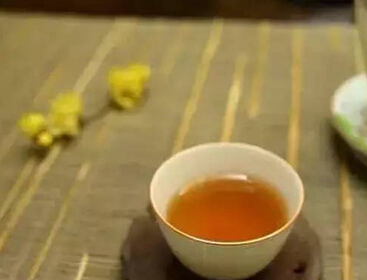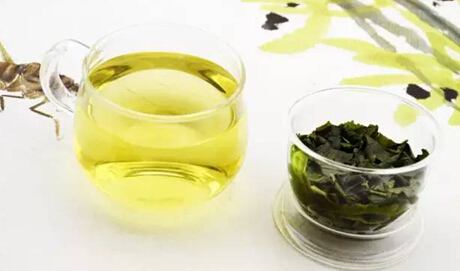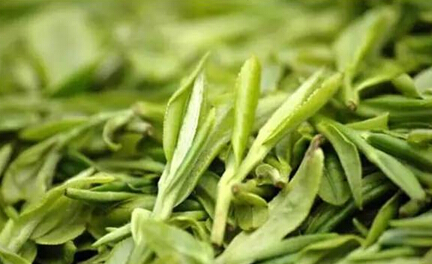
Many tea drinkers often fall into misunderstandings about drinking and tasting tea. Some believe that tea should be judged by its price, thinking that more expensive tea is naturally better; others think that simply drinking tea can lead to weight loss; and some even believe that tea can cure all illnesses... and so on. These盲目趋向 towards drinking tea can sometimes lead to harm to health. Therefore, the editor has compiled the most commonly misunderstood myths about tea's effects, ranked by misconception, to share with everyone, aiming to cultivate good and correct tea-drinking habits and maintain physical health.
Misunderstanding Rank Five: Long-term tea drinking can easily lead to weight loss.
When many people start drinking Pu-erh tea, they experience obvious physical reactions: weight loss and slimmer limbs. However, after a period of time, or once they stop drinking tea, their weight immediately returns. As a result, some people replace water with tea, drinking it every day and at every meal, eventually leading to insomnia, lethargy, continuous diarrhea, and other conditions.
In fact, the theanine contained in Pu-erh tea does have a intestinal-cleaning effect. However, for those who truly want to lose weight, in addition to tea-drinking habits, it is necessary to combine a proper diet and maintain a good lifestyle with exercise to truly achieve weight loss goals.

Misunderstanding Rank Four: Drinking tea after meals aids digestion.
Some say that drinking large amounts of tea after dinner can help digest food in the stomach. In reality, drinking tea immediately after a meal can easily cause the tea polyphenols in the tea to form complexes with iron and蛋白质 in the food, thereby affecting the body's absorption of iron and蛋白质. Drinking tea on an empty stomach before meals can dilute gastric juice and affect its secretion, which is not conducive to food digestion. The correct method is to wait at least half an hour after a meal, preferably an hour, before drinking tea.
Misunderstanding Rank Three: Tea can sober you up.
Drinking tea after alcohol has both advantages and disadvantages. Tea can accelerate the decomposition of alcohol in the body, and its diuretic effect can help排出 the decomposed substances, thus aiding in sobering up; however, this accelerated decomposition increases the burden on the liver and kidneys. Therefore, people with poor liver and kidney function should not use tea to sober up, especially should not drink strong tea after alcohol.
Misunderstanding Rank Two: The fresher the tea, the better.

New tea refers to tea leaves that have been processed for less than half a month. According to traditional Chinese medicine theory, newly processed tea leaves contain "fire energy," which takes some time to dissipate during storage. Therefore, drinking too much new tea can cause上火 (internal heat). Additionally, the content of tea polyphenols and caffeine in new tea is relatively high, which can easily irritate the stomach. In fact, not all types of tea are better when fresh; for example, Pu-erh tea and other dark teas require appropriate aging for better quality.
Misunderstanding Rank One: The more expensive the tea, the better.
The effective components in tea that promote human health are the polyphenols and theaflavins it contains. The caffeine and theophylline in tea are also crucial, and these factors are unrelated to price.